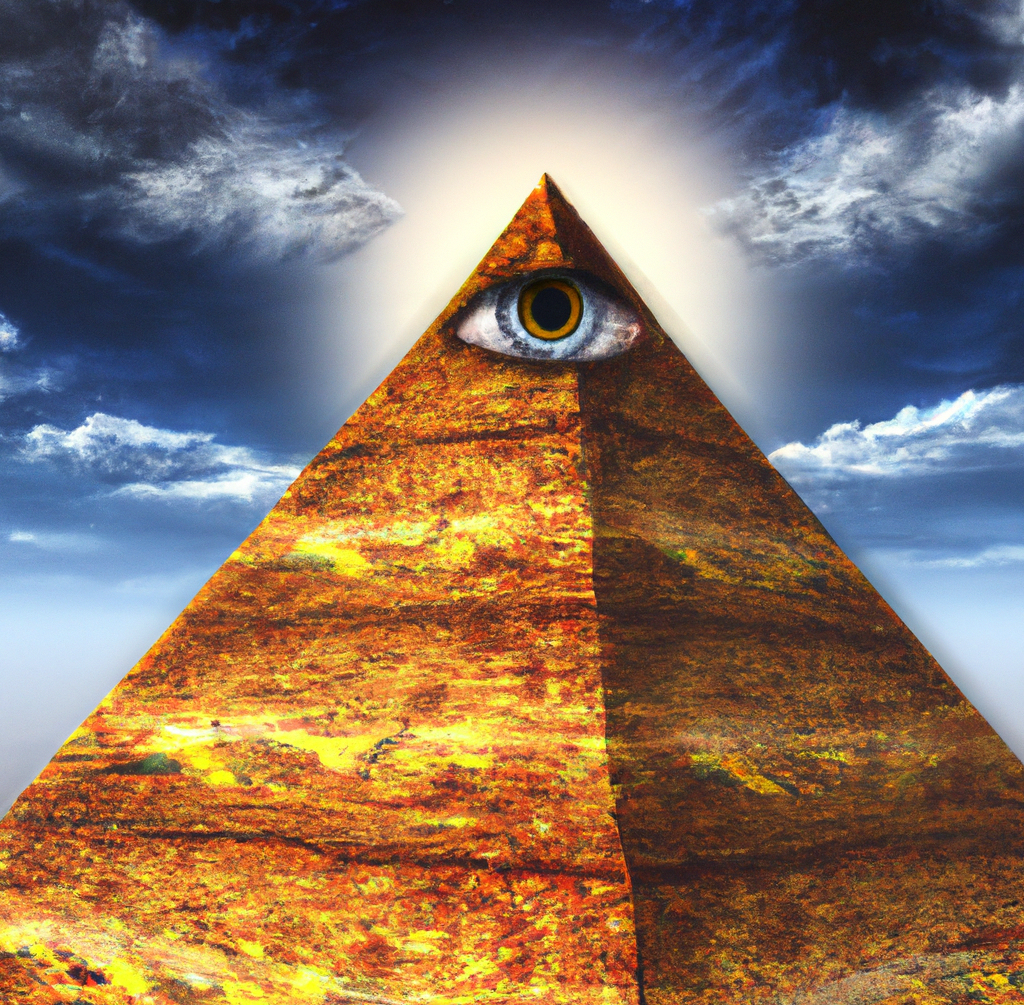The Birthday Paradox is a phenomenon that states that in a group of 23 people there is a 50% chance that at least two of them will share the same birthday. This seems like an impossibility, but it is true, making it an example of a veridical paradox—a situation which appears to be impossible or wrong but is actually true. Understanding the Birthday Paradox can provide insight into probability and statistics and how they affect everyday life. For example, understanding the underlying mathematics behind this phenomenon can help us better understand concepts such as risk assessment and even random selection techniques used in many different fields.
Analyzing the implications of the Birthday Paradox for probability and statistics also helps us comprehend how their applications may affect our daily lives. A greater understanding of this paradox highlights how any situation with multiple variables can have unexpected outcomes if we fail to take every factor into account when assessing potential outcomes. Additionally, its relevance also extends beyond traditional math applications: current research on veridical paradoxes has led to advancements in fields ranging from machine learning algorithms to quantum mechanics.
Understanding these implications allows us to better assess potential risks associated with these disciplines while taking into account all possible factors which could lead to unexpected results or outcomes—something especially important when dealing with complex mathematical models or highly technical areas such as those mentioned above. Examining current research on veridical paradoxes provides further insight into their importance for various aspects of our society, from government decision-making processes to consumer choice systems within markets.
Understanding these implications allows us to better assess potential risks associated with these disciplines while taking into account all possible factors which could lead to unexpected results or outcomes—something especially important when dealing with complex mathematical models or highly technical areas such as those mentioned above. Examining current research on veridical paradoxes provides further insight into their importance for various aspects of our society, from government decision-making processes to consumer choice systems within markets when it comes to food preferences and desserts.
